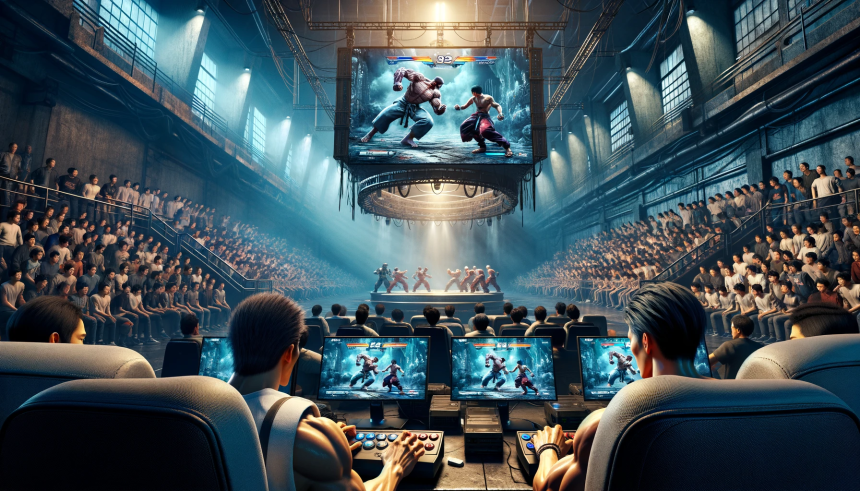Recent developments in Tekken 8 have sparked significant controversy among its player base. The release of the game’s second season has led to a surge in negative feedback, marking a challenging period for the popular fighting franchise. Longtime fans are expressing their frustrations, signalling a potential shift in the game’s future trajectory.
Since its debut, Tekken 8 has been celebrated for its dynamic combat system and rich character roster. However, the latest season updates have deviated from what players expected, leading to discontent within the community. This dissatisfaction could influence the game’s reputation and player retention moving forward.
Tekken 8’s second season introduces several changes aimed at enhancing offensive gameplay. Unlike its predecessor, Tekken 7, which focused more on defensive strategies, the latest updates emphasize aggressive tactics. This shift has not been well-received, as many players find the new approach unbalanced and less strategic.
Are the New Gameplay Mechanics Undermining Competitive Play?
The community argues that the increased focus on offense diminishes the depth of competitive play. Players claim that the adjustments make it easier to execute high-damage moves without sufficient counterplay options. This has led to a perception that the game favors relentless aggression over tactical versatility.
How Has Fan Feedback Influenced Bandai Namco’s Response?
In response to the backlash, Bandai Namco’s director, Katsuhiro Harada, addressed the concerns on Twitter.
“It is clear to me that the result is a disconnect between what the community wants and the tuning results,”
Harada stated, acknowledging the community’s frustration. The development team is reportedly working diligently to reconcile these differences and implement changes that better align with player expectations.
What Impact Will These Changes Have on Tekken 8’s Future?
The ongoing criticism could have long-term effects on Tekken 8’s player base and overall success. If the developers fail to address the core issues, the game may struggle to maintain its competitive edge. Ensuring a balanced and engaging gameplay experience is crucial for sustaining interest and fostering a loyal community.
The negative reception of Tekken 8’s second season highlights the challenges developers face in meeting diverse player expectations. Balancing offensive and defensive mechanics is essential to cater to both casual and competitive gamers. Moving forward, Bandai Namco’s ability to listen to and act on community feedback will be pivotal in determining the game’s continued success.
Effective communication and timely updates are key strategies for regaining player trust. By addressing the immediate concerns and demonstrating a commitment to quality, Tekken 8 can potentially overcome the current setbacks. Engaging with the community through transparent dialogues will also help in aligning future content with player desires.
Tekken 8’s current situation serves as a reminder of the delicate balance required in game development. Developers must navigate player feedback while striving to innovate and improve gameplay mechanics. Successfully managing this balance will be critical in sustaining the game’s legacy within the competitive fighting genre.
Maintaining a diverse and well-balanced roster is essential for keeping the game fresh and engaging. Players thrive on having a variety of strategies and characters to explore, fostering a more vibrant and competitive environment. Continued investment in character development and gameplay diversity will enhance the overall experience for the Tekken community.
Adapting to player feedback is not only beneficial but necessary for the longevity of any game. Tekken 8’s ability to evolve in response to community input will determine its place in the future of competitive gaming. By prioritizing player satisfaction and game balance, Bandai Namco can secure a dedicated and enthusiastic player base.
Ensuring ongoing support and updates that resonate with players will help Tekken 8 navigate through its current challenges. Fostering a collaborative relationship with the community will support the game’s evolution and sustained popularity. Strategic adjustments based on comprehensive feedback are essential for the continued relevance of Tekken 8.
The recent backlash against Tekken 8’s second season underscores the importance of aligning game updates with player preferences. Addressing these concerns promptly and effectively will be critical for maintaining the game’s competitive integrity and player engagement. Bandai Namco’s proactive approach to these issues will shape Tekken 8’s future success.










